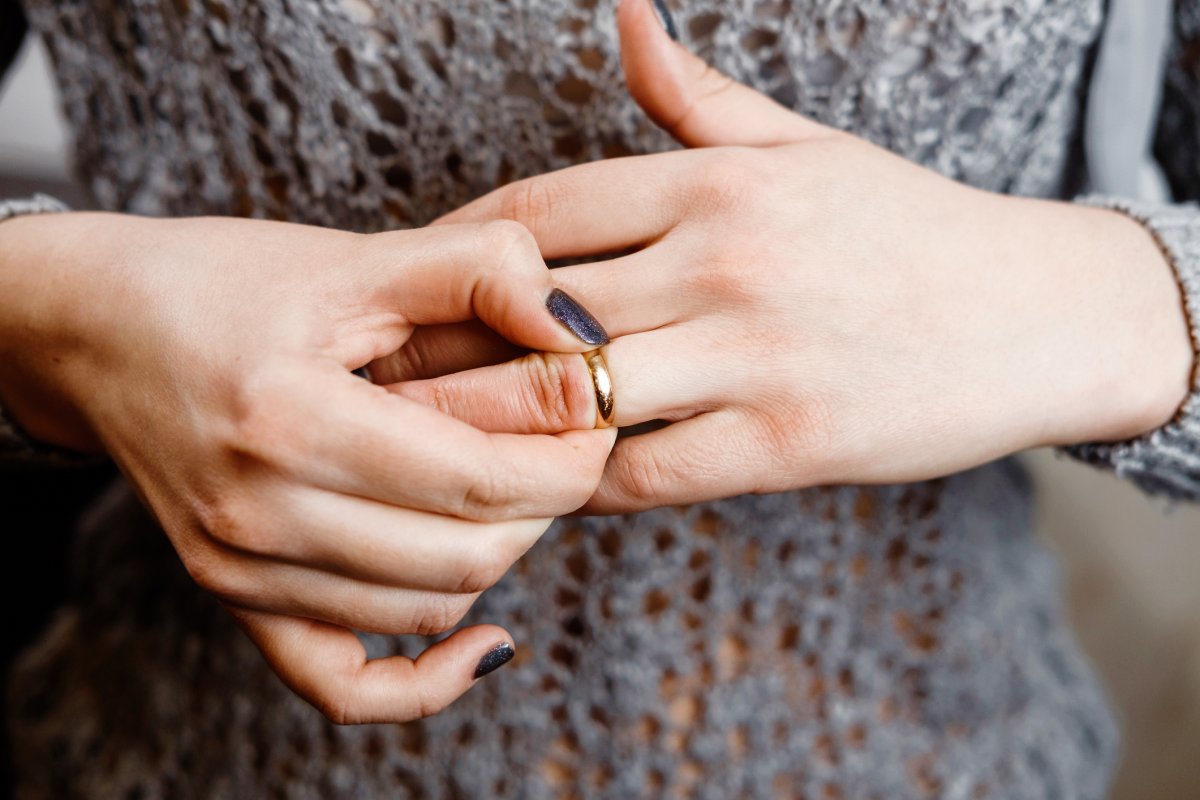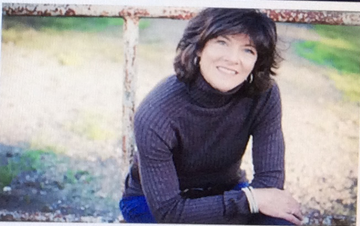My parents divorced when I was 19 years old, in 1989. My brother was away at camp and my sisters had already flown the coop. I was home for the summer—the only kid there the day they split up.
I'd gone out with friends earlier in the night but when I arrived home, I found my mother in tears. She was relieved because she had kicked my father out, but also quite angry and upset. Ending a marriage is hard, even when it's been bad for years.
I spent that night, and well into the morning, comforting and consoling my mother. I had no idea then that I would eventually go on to make a living doing something similar—I have been a marriage therapist for more than 20 years.
As a teenager, I assumed that my friends' parents all had good relationships, and that my parents were the only ones struggling to get along. But, after working with dozens of couples over the past two decades, I can see now that there are common problems that arise in all marriages. My parents' relationship actually followed a path of missteps that I commonly see in couples on the brink of divorce.
1. They work against each other, not with each other.
I believe my parents didn't like each other for the last years of their marriage. When a partner demonizes the other and holds resentments against the other for years, it creates a very unstable marriage.
When I hear people say things like, "he always..." or "she never..." I can tell that demonizing is happening—each person sees their partner as the opposition.
There is also an unconscious polarization that happens when each spouse thinks the other needs to change to be more like them. Classic examples are the spender and the saver or the emotional and the intellectual.
There are couples, like my parents, that can never find a comfortable middle ground. Most couples have one or two such issues. Those who end up divorcing, however, usually have too many differences that simply can't be bridged.
2. They don't communicate with each other about their needs and feelings.
My mother spoke to her friends and my siblings and me about her marriage woes, but never directly to my father; the one who held the keys to changes she desired. My father didn't talk to anyone about his troubles.
If speaking to your spouse—the person with whom you have a problem—isn't a tool in your toolbox, it needs to be. I've yet to meet a spouse who can read minds, but I've met many people who expect their partner to just know what they need. It may sound cliché, but it's true: couples need to communicate about what they like and don't like as well as how they feel about things. Partners also need to ask a lot more questions of their mate and not assume they know more than they do. Making assumptions is where I see so many good people get into trouble.

3. They stop spending time together.
I observed my parents' annual parent-only vacations cease. Conversations about golf and gardening dried up, and they stopped going to parties.
When married couples become like the proverbial two ships passing in the night, or it becomes apparent that they don't like each other, the hill to climb toward reconnection becomes much steeper.
Often, as was the case with my mother and father, unresolved hurts and resentments cause the divide. Understandably, most people would rather avoid the pain that going back into unpleasant exchanges entails. Yet, I've seen miraculous changes when couples are brave enough to revisit and recover.
4. They begin to see the solution to their problems as being outside of the marriage.
This misstep naturally follows in the continuum of drifting apart.
For my father, the solution to an unhappy marriage was to get out of it and move on with someone else.
Yet, people at this stage can also "leave without leaving" by checking out emotionally.
Some get focused on other things like their kids, going out more with friends, or building their career. I've actually even seen people have kids at this point in their relationship as a way to escape the problems—I don't recommend this!
Others may turn to a substance or behavior to escape. Addictions to a substance (alcohol, drugs, food), or to activities (online porn, shopping, gambling) can develop.
5. They do not seek help.
My parents were good people. I have no idea if therapy would have kept them together, but it might have helped them air grievances, learn basic relationship and communication skills, and prevent some of the wreckage that ensued.
There are many couples who end up divorcing that either don't get professional guidance at all, or they don't seek it out soon enough. Letting time pass, hoping things will get better is not a good strategy and it can actually make matters worse.
You don't have to wait until there's a crisis or things are unbearable to get help. Therapy, relationship coaching, or meetings with clergy, if you are religious, can make a tremendous difference in healing relationships and helping couples have a deeper connection.

If you're at a crossroads with your marriage, look to see if you're on the same path my parents went down. Ask yourself these questions:
- Is my spouse my friend and teammate?
- Are my spouse and I honest with each other?
- Do we spend quality time together?
- Do I turn toward my marriage for the solution to my problems?
- Have we asked for help?
Your answers will reveal what you need to do next—if anything.
If you answered yes to all of these, your marriage is likely in good shape and I would suggest to just keep doing what you've been doing.
If the answer is no to any of these questions, ask yourself why.
For those who have three or more of these problems, I encourage you to find a therapist who can help you sort things out.

Even when I've met with couples that realize their marriage is no longer salvageable, counseling has given them a sense of resolution that they did all they could to make things work. It can also help them be kinder and more compassionate with one another.
I don't believe that divorce is a failure. In fact, I've seen many people use it as a springboard to finding their more authentic self. As Joan Lunden eloquently put it, "a bend in the road is not the end of the road."
For me, helping couples gain clarity and work through their differences has given me a sense of mastery: I'm doing for others what I couldn't do for my own parents. Life is strange like that.
Susan Pease Gadoua, L.C.S.W., is a licensed therapist based in the San Francisco Bay Area with an expertise in marriage and divorce. She is the author of the San Francisco Chronicle best-seller, Contemplating Divorce, A Step-by-Step Guide to Deciding Whether to Stay or Go, The Parenting Marriage Workbook and co-author of The New I Do. She lives in Northern California with her husband, two dogs and an array of goats and chickens.
All views expressed in this piece are the writer's own.
Uncommon Knowledge
Newsweek is committed to challenging conventional wisdom and finding connections in the search for common ground.
Newsweek is committed to challenging conventional wisdom and finding connections in the search for common ground.
About the writer
To read how Newsweek uses AI as a newsroom tool, Click here.








